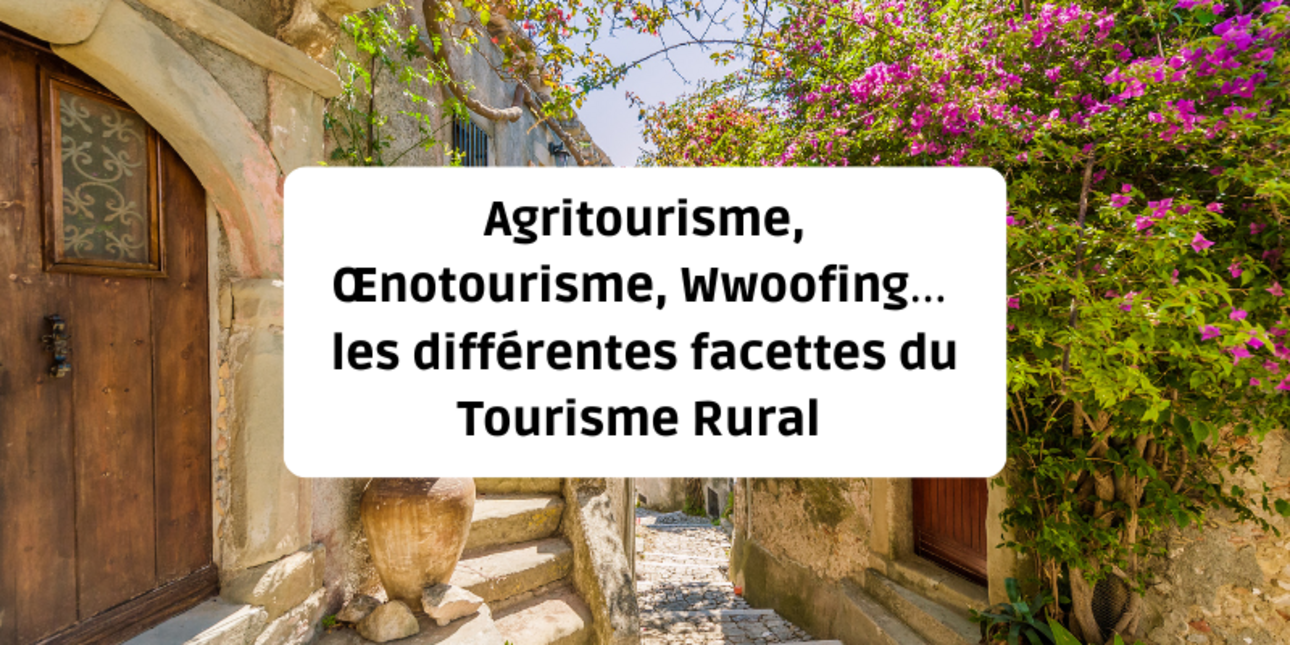
Rural tourism is characterised by the desire to discover the land and the natural, cultural and human heritage of the rural environment, positioning itself as an alternative to mass tourism. 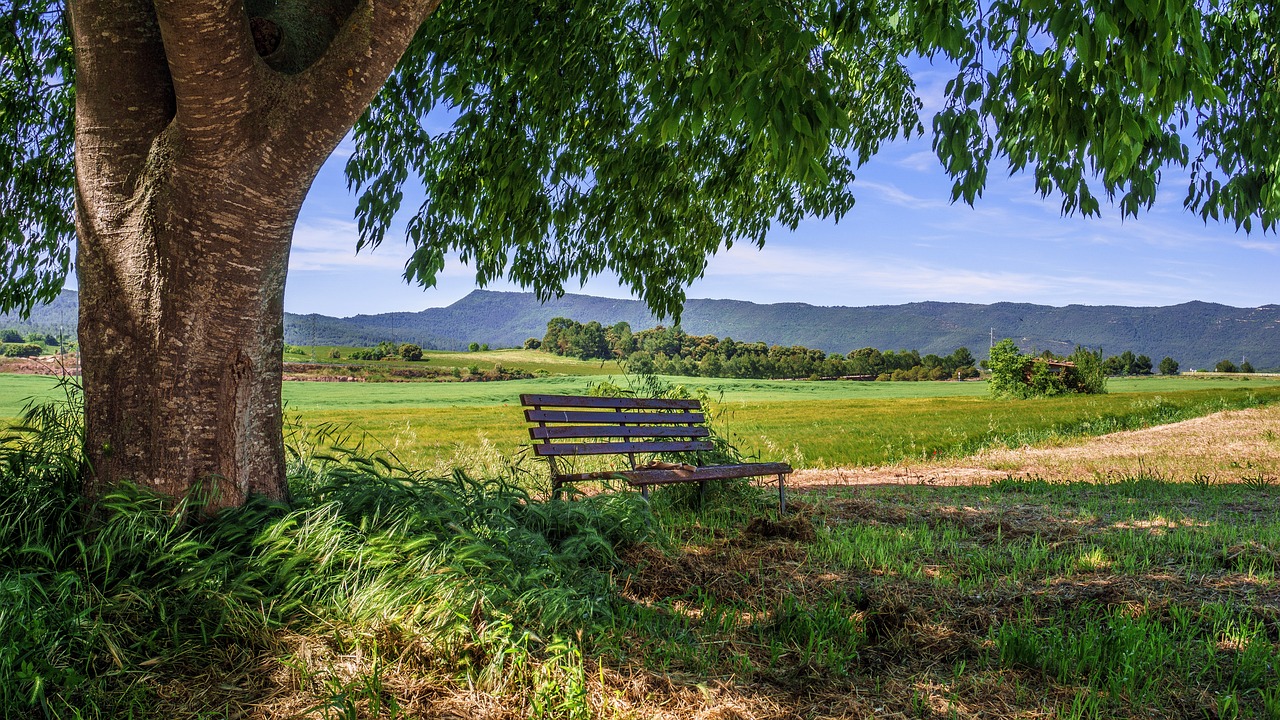 This central approach provides an enriching tourism development with a more authentic experience that is closer to nature.
This central approach provides an enriching tourism development with a more authentic experience that is closer to nature.
It offers visitors the opportunity to immerse themselves in rural life, take part in local activities and explore the wealth of traditions, crafts, gastronomy and landscapes unique to these regions. It also encourages direct contact and relationships between travellers and local people, be they farmers, winegrowers or simply local residents.
Within rural tourism, there are various specific forms that can be integrated, such as agritourism, sustainable tourism, wine tourism and other variations adapted to regional characteristics.
Agritourism is one of the first forms of tourism to focus on agriculture. It allows groups of visitors to spend a holiday in the heart of the countryside, becoming fully involved in farming life and discovering local produce. Oyster farming, an emblematic activity in coastal regions, is one facet of agritourism. 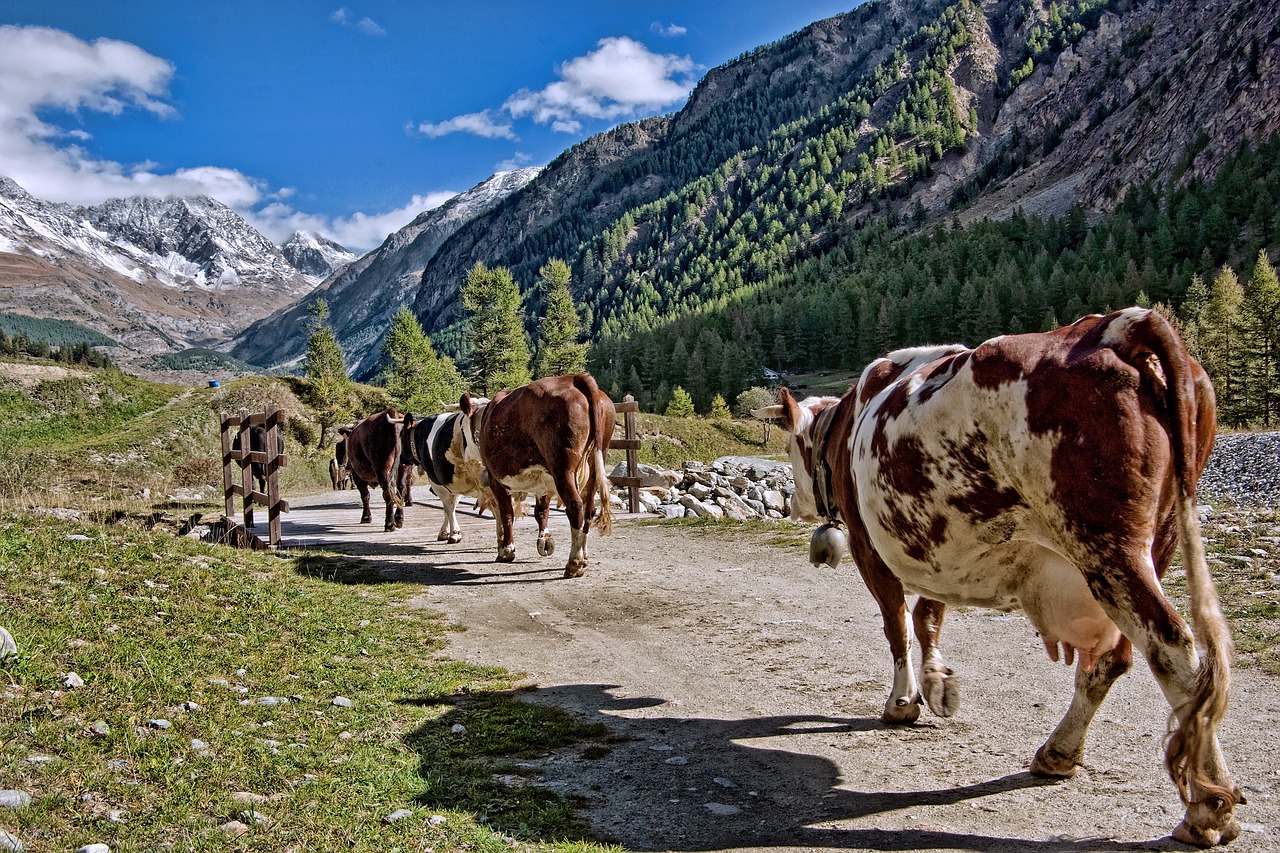
This experience offers a complete immersion in the different stages of agriculture, from production to processing, through to the sale and consumption of farm produce.
Activities such as visiting farms, taking part in culinary workshops, tasting local produce, harvesting, milking animals... provide an enriching and authentic learning experience.
If you're interested in this experience, there are two major networks that list the various offers available across France: "Bienvenue à la ferme", a brand affiliated to the Chambers of Agriculture present in each département and region, and "Accueil paysan", an association dedicated to promoting peasant farming. The latter list farms and oyster farms, offering visitors the chance to discover the world of agriculture.
It's an opportunity to experience a trip to a rural area and, above all, to discover the farming practices of a farmer or stockbreeder, in the form of an exchange of know-how.
The aim of sustainable tourism is to travel while minimising its environmental impact and making a positive contribution to the local economy and people over time. Sustainable and responsible tourism encompasses consumption patterns, travel and all aspects related to the impact of tourists. We will explore various aspects of sustainable tourism, including green tourism, ecotourism and slow tourism.
This type of tourism focuses on discovering and preserving the environment. 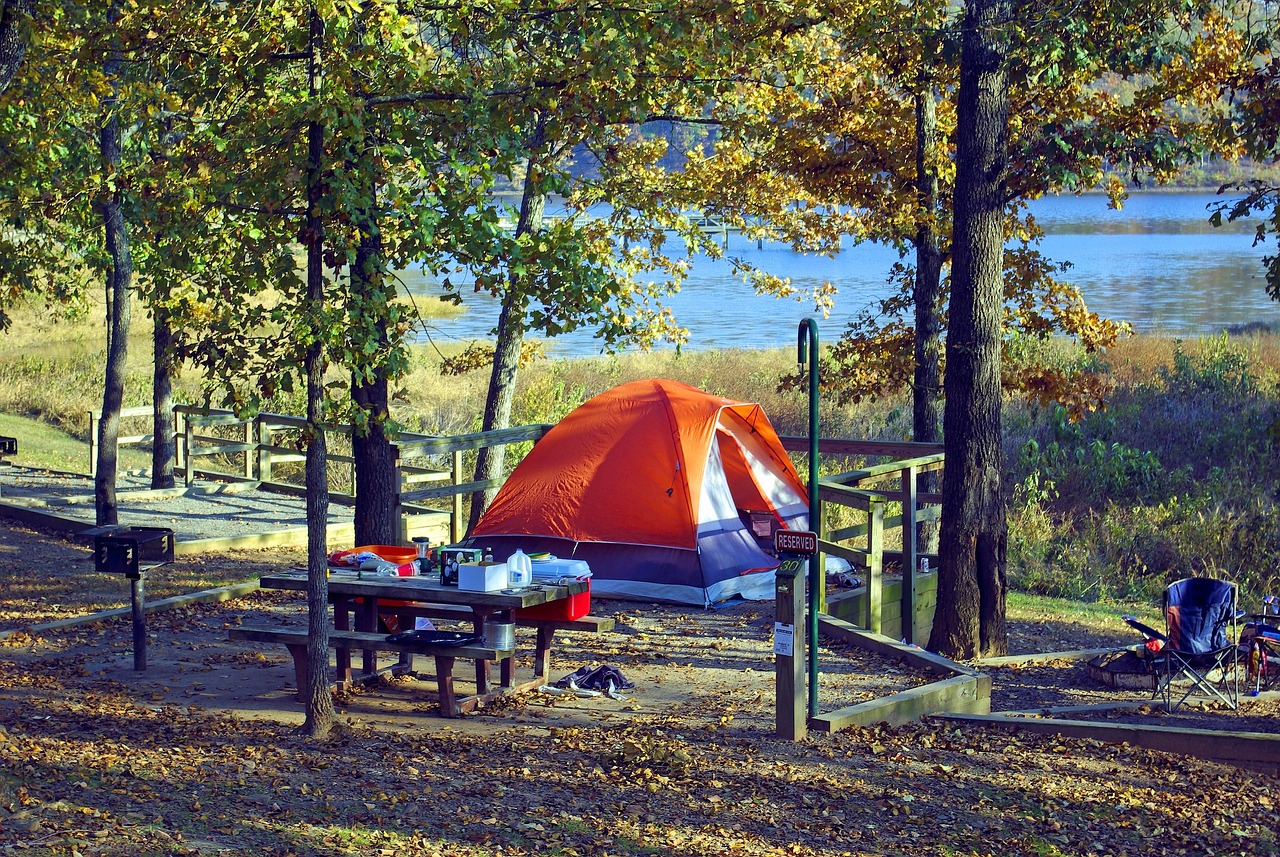 The main aim is to enable travellers to enjoy natural areas while respecting the environment.
The main aim is to enable travellers to enjoy natural areas while respecting the environment.
The range of activities can include mountain walks, outdoor sports such as cycling, fishing and kayaking. In addition, they also include distractions such as camping in national parks, picnics and other leisure activities that bring you into contact with nature.
As a result, green tourism focuses more on outdoor recreational activities, emphasising ecological, economic and social motivations.
Ecotourism is an approach to tourism that focuses on nature conservation, environmental responsibility and raising awareness of biodiversity. 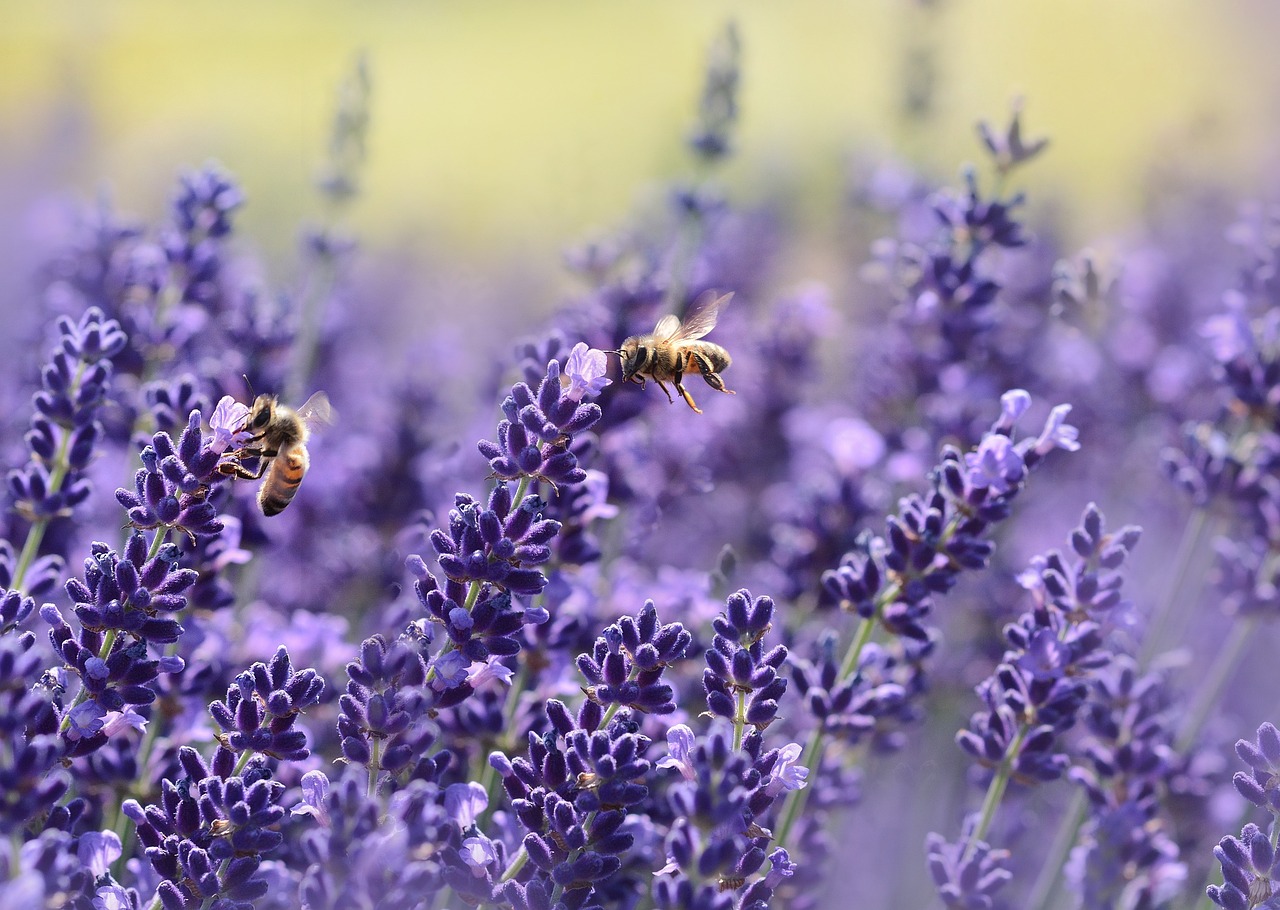
Its aim is to raise visitors' awareness of environmental issues and encourage the sustainable growth of local communities.
Ecotourism activities are generally designed to inform travellers about ecosystem protection. They include, for example, visits to conservation projects, stays in ecolodges, or excursions focusing on the protection of flora and fauna.
Ecotourism has ecological, social and cultural foundations. This type of tourism focuses on the preservation of natural areas and sustainable development, with the main motivations being ecological.
This is an approach to travel characterised by deliberate slowness, encouraging travellers to take their time and immerse themselves fully in nature, appreciate cultural heritage, enjoy authentic encounters and savour the pleasures of the table.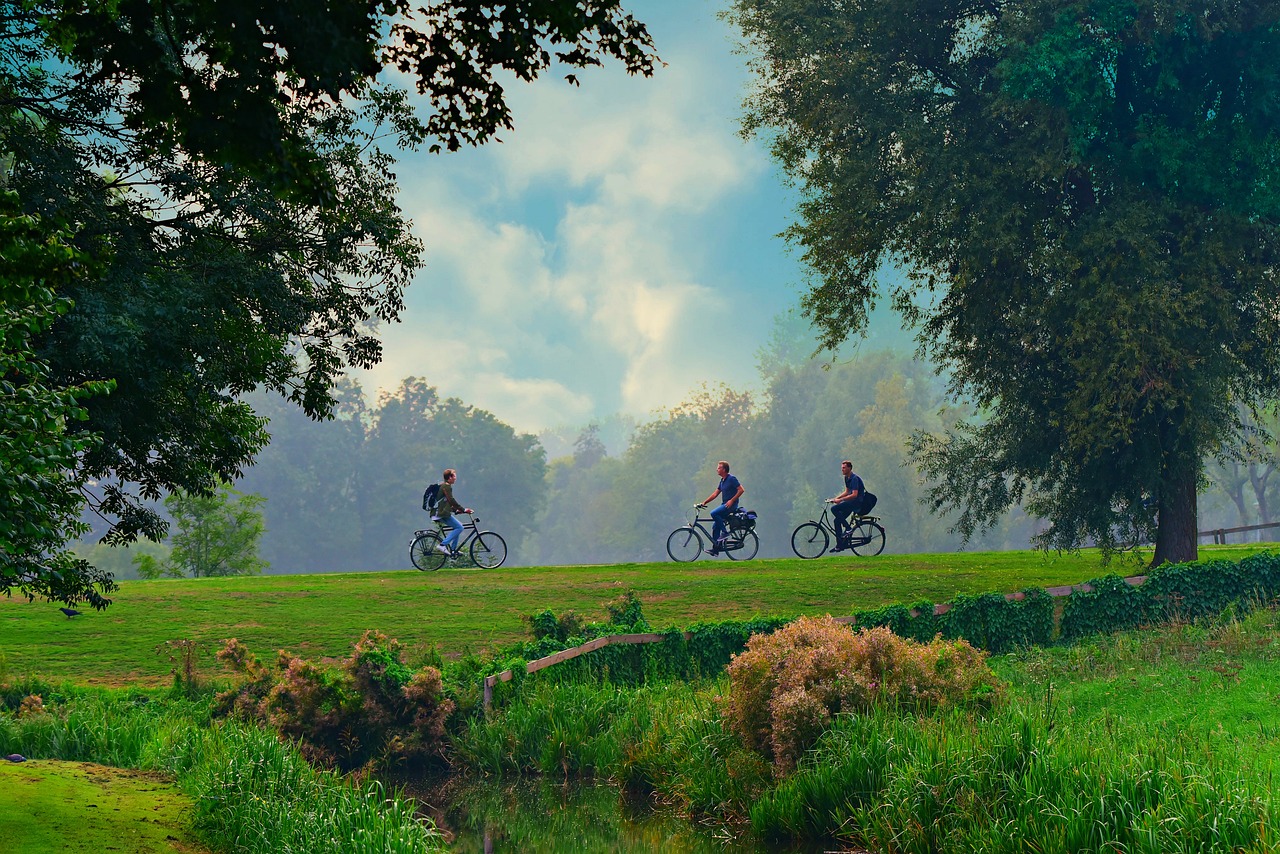 It promotes a chosen time strategy, emphasising disconnection, personal well-being and respect for the region and its inhabitants. Slow tourism is characterised by its small environmental footprint, patience, serenity and commitment to ecological preservation. Its aim is to promote in-depth knowledge and meaningful cultural immersion.
It promotes a chosen time strategy, emphasising disconnection, personal well-being and respect for the region and its inhabitants. Slow tourism is characterised by its small environmental footprint, patience, serenity and commitment to ecological preservation. Its aim is to promote in-depth knowledge and meaningful cultural immersion.
Slow tourism is not just a choice, but a conviction for most travellers. They aspire to meet and share the way of life of local people while living an experience rich in values, research, activities and shared emotions.
Their motivations often take the form of a desire to reconnect with their origins, and to adopt environmentally-friendly tourism by reducing the impact of their travel. This will encourage soft, non-polluting forms of transport such as cycle routes, walking, river transport or even the train. For example, cycling along the Loire or using the greenway from Ploërmel to Questembert are routes that contribute to biodiversity and respect for existing heritage.
Wine tourism, also known as enotourism, is a type of tourism that focuses on discovering local wine-growing regions and the wines they produce. Depending on the company, it offers a variety of activities, from vineyard or cellar visits to wine tasting and understanding the wine production process. 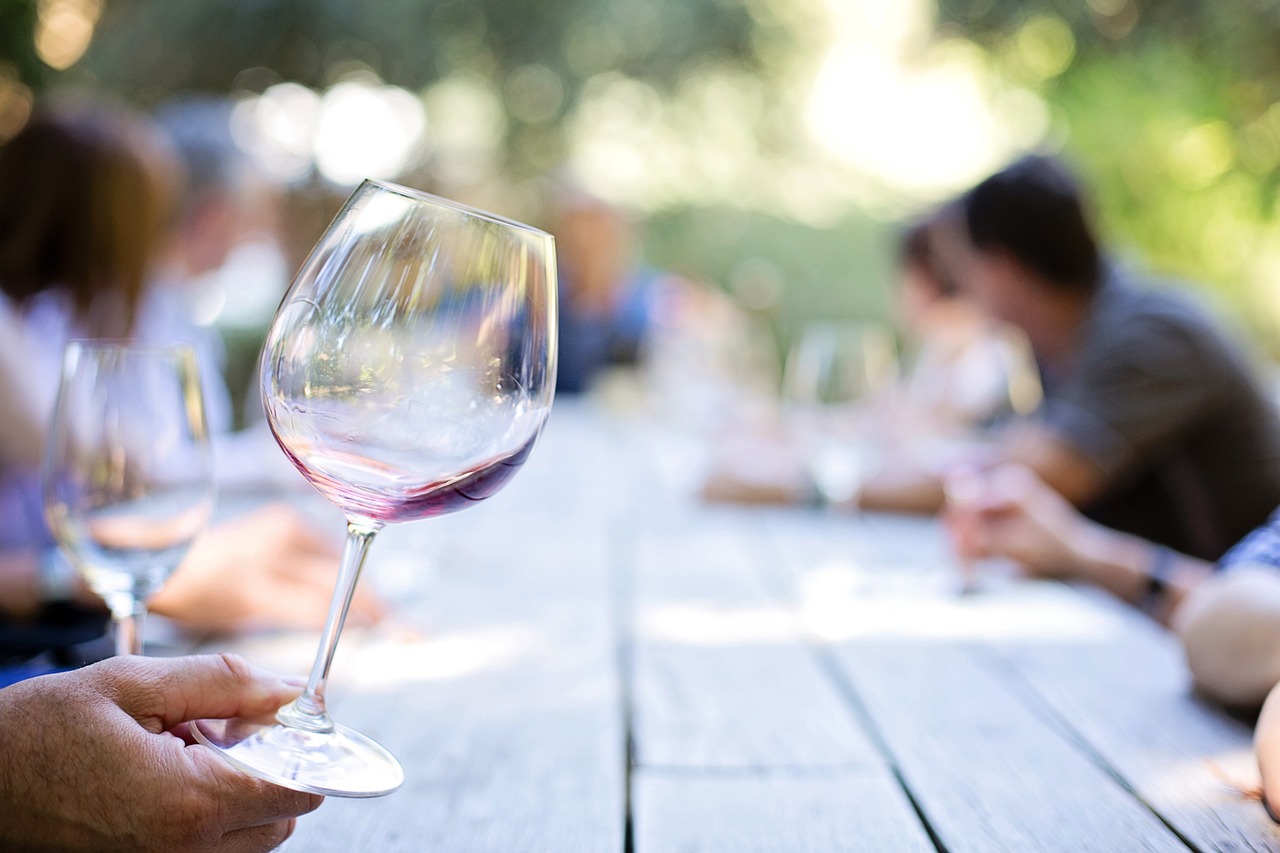 Participants also have the opportunity to explore a region's wine culture and history, while indulging in sporting activities such as hiking, walking and even hot-air ballooning or flying.
Participants also have the opportunity to explore a region's wine culture and history, while indulging in sporting activities such as hiking, walking and even hot-air ballooning or flying.
This approach is not just an enriching experience for wine lovers; it also represents an economic opportunity and a source of income for local stakeholders.
France's wine-growing regions occupy an important place among tourist destinations, offering a diversity of experiences and situations linked to vines and wine. Indeed, around a third of tourists cite wine and gastronomy as the main reasons for choosing their holiday.
Wine tourism is expanding significantly, combining a passion for wine with the discovery of the terroir. This trend appeals to a wide range of people, whatever their level of knowledge of wine and their growing interest in exploring wine-growing regions.
Pescatourism, also known as fisheries tourism, offers tourists the opportunity to explore the marine environment and the professional practices of fishing or aquaculture, by boarding a fishing boat or an aquaculture vessel.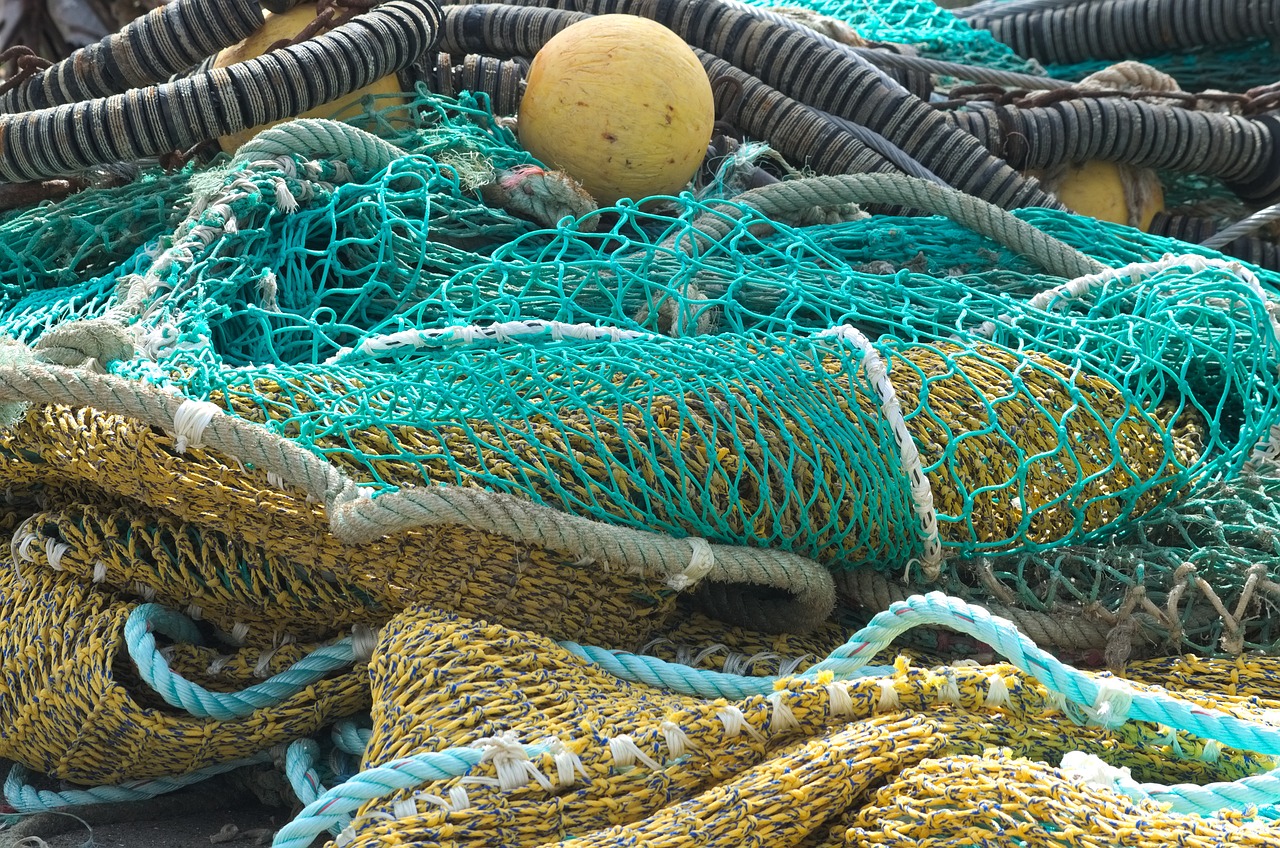
This activity offers a key opportunity for fishermen and aquaculturists to share their trade, the challenges they face, the marine environment, fishing techniques, lifestyles and habits of those who live in this maritime space.
This can include a trip out to sea to observe the fishermen, enjoy the seascape and possibly take part in the fishing. Tasting freshly caught seafood can also be part of the programme. In addition, visits to fish auctions can be organised to provide an insight into the fish auction process, with the opportunity to sell seafood directly to the end consumer.
Pescatourism offers a direct connection with nature and aquatic life, while helping to preserve local fish stocks and contributing to the economic development of local communities.
In terms of labels, it is important to highlight the "aquatourism" initiative, set up by the Comité Interprofessionnel des Produits de l'Aquaculture (CIPA) for fish farmers who open their farms to the public, located at the convergence between freshwater and seawater.
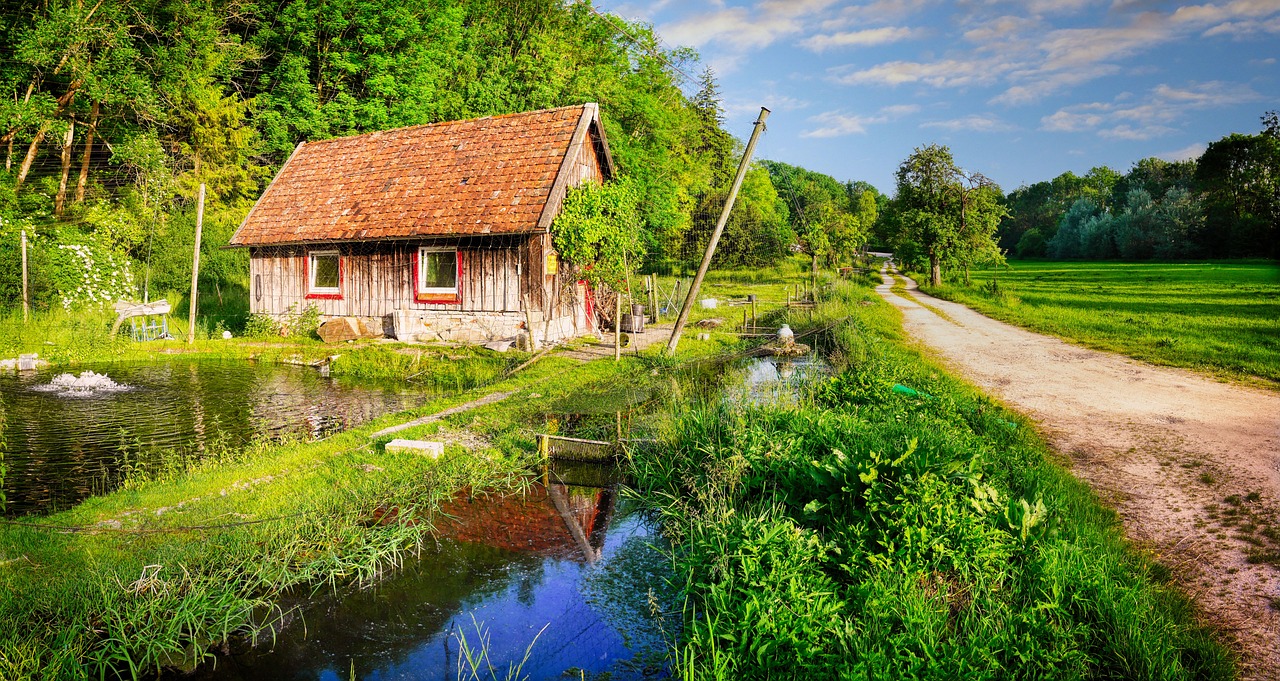
Aquatourism offers the chance to explore the French aquaculture industry, discover farming methods and understand the work of fish farmers. It's an opportunity to meet the producers, relax in the open air at sites offering leisure fishing activities, and taste the products straight from the source. A website dedicated to this activity has been designed by a company to help you discover the fish farms in our regions: www.aqua-tourisme.fr
In Europe and abroad, specialist travel agencies offer fishing enthusiasts the chance to explore exotic destinations. These excursions aim to find the best fishing sites, including must-see places and territories such as Ireland, Sweden and Norway in the European Union, and Alaska and Canada in America. To meet the diverse needs of fishing tourists, the French National Fishing Federation (FNPF) has created the "Fishing Accommodation" label. It applies to different types of accommodation offering a personalised welcome, services tailored to anglers and a variety of activities in addition to fishing. The FNPF has also introduced the "Station Pêche" label for "Stations Vertes" municipalities, which offer organised itinerant tourism in the heart of nature.
Hunting tourism, also known as tourist hunting, refers to sport hunting. In this context, tourists, often keen hunters, visit and seek out typical destinations to take part in hunting activities, usually focusing on wildlife. These trips can include the pursuit of specific game or other wild animals, in natural environments.
It encompasses a variety of activities, such as safaris, guided hunts or self-guided hunts. In Africa, for example, some hunters choose safaris to hunt wild animals such as lions, elephants and rhinos. Another example is the Fronton hotel-restaurant in Lecumberry, which offers an experience in woodpigeon hunting, with packages that include full board and access to shooting stations for the hunt.
Cynégétique, as the art of hunting, goes beyond the simple quest for the animal by including scientific studies and research to regulate huntable species and maintain the ecological balance. However, this form of tourism sometimes gives rise to political debate. Some stakeholders see hunting tourism as a means of generating revenue for the conservation of wildlife and natural habitats, while others criticise the practice on ethical and ecological grounds.
Le WWOOFING (or Woofing), short for "World Wide Opportunities on Organic Farms" or "Willing Workers on Organic Farms", is an alternative form of tourism based on exchange. It's an initiative that connects volunteers with organic farmers, promoting the discovery of know-how through sharing, learning, organisation and cultural exchange, without any monetary transaction.
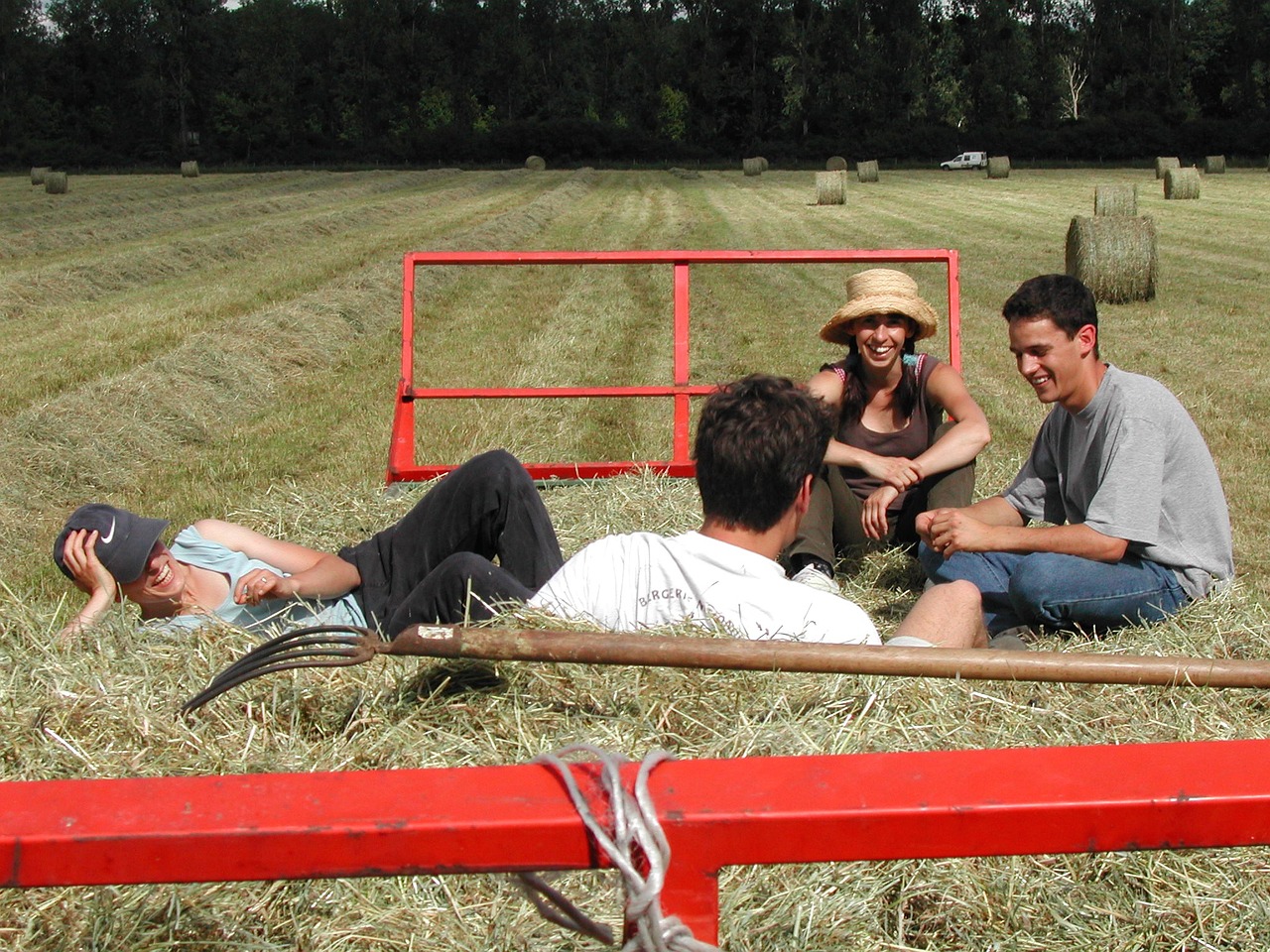
Visitors, known as WWOOFers, share their host's daily life and take part in the farm's activities in exchange for accommodation and meals. For example, their tasks may include harvesting fruit and vegetables, rearing animals, maintaining the buildings, as well as learning skills such as making natural cosmetics, brewing beer or baking bread.
The main aim is to offer participants an immersive experience of organic farming in a rural environment, and an opportunity for personal enrichment while contributing to the day-to-day activities of the farm.
WWOOFing (or Woofing) is an excellent opportunity to discover the world of organic farming, meet people and other stakeholders from diverse cultures, and enjoy a unique experience.
Rural tourism offers a variety of accommodation to suit travellers' preferences and needs.
These include 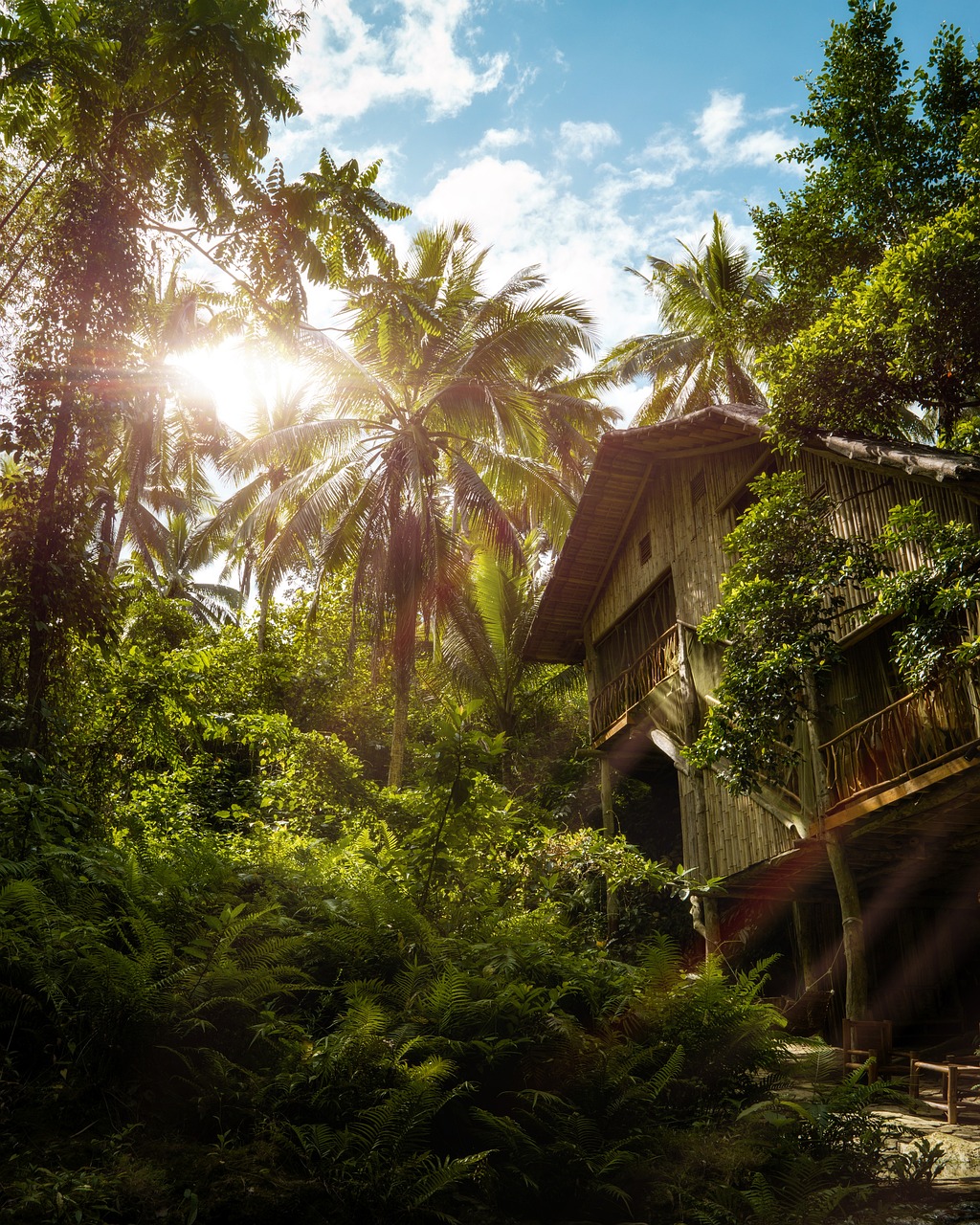 :
:
These types of properties contribute to the diversity and authenticity of the rural tourism experience, allowing travellers to choose the one that best suits their preferences and expectations.
Rural tourism offers many opportunities and prospects for rural landowners.
Firstly, it allows them to diversify their sources of income. By offering accommodation, tourist activities, tours or culinary experiences, landowners can generate additional income outside their traditional farming activities.
Secondly, it can stimulate local employment by creating opportunities in sectors such as commerce, hospitality, catering, tour guide services, etc. All of this is designed to help strengthen the local and regional economy.
In addition, rural landowners have the opportunity to promote and market their local products, including food, handicrafts and souvenirs, to visitors. This initiative can help to boost the local economy by stimulating demand for regional products.
Finally, the interaction between visitors and residents can foster a beneficial cultural exchange to create lasting links and support mutual understanding between them.
Rural tourism is therefore an opportunity to inform visitors about the challenges and realities of life in rural areas. This approach can play a strategic role in raising awareness of agricultural and environmental issues.
Agritourism is increasingly appealing to city-dwellers looking for nature, relaxation, local produce and the French region, as well as a chance to immerse themselves in the daily lives of farmers. 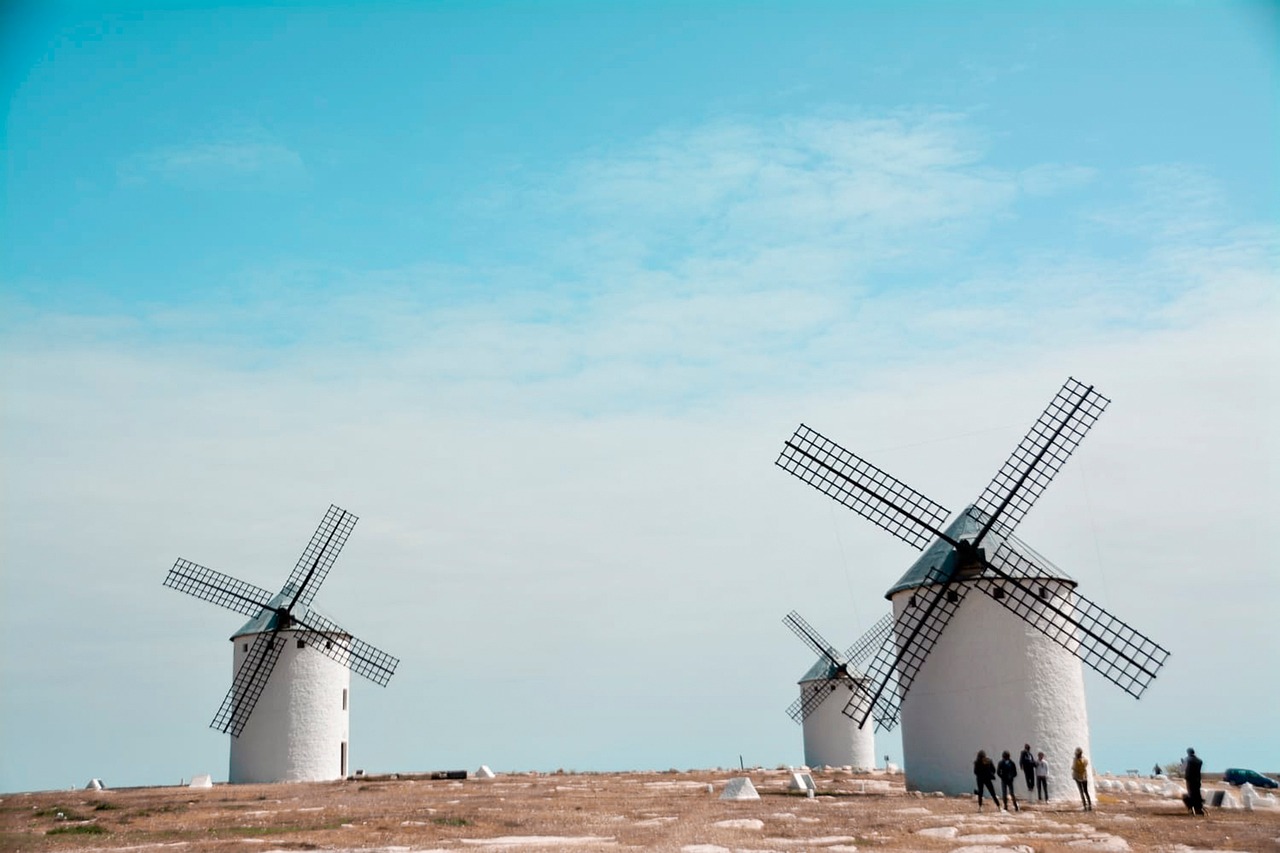 It is becoming increasingly popular in France, accounting for a third of all tourist visits, or 30% of all overnight stays. This trend has led to a sharp rise in the number of farmers engaging in this activity, which now stands at 14,000.
It is becoming increasingly popular in France, accounting for a third of all tourist visits, or 30% of all overnight stays. This trend has led to a sharp rise in the number of farmers engaging in this activity, which now stands at 14,000.
Airbnb has also contributed to this growth, showing 35% of its listings in rural areas in 2022, up 8 points on 2017. This expansion has been accompanied by a significant transition of 80% of nights booked in these territories compared to 2019. The 2023 summer season confirms this analysis, with an increase of one million overnight stays in rural areas, giving campsites an increase of 3.1%.
At the same time, initiatives such as Bienvenue à la ferme, Airbnb and MiiMOSA have joined forces to support agritourism, with a call for projects launched on www.MiiMOSA.com. The aim of these initiatives is to stimulate the development of projects linked to accommodation and the discovery of farmers' work, their products and their national territory. By providing them with the expertise of MiiMOSA, the support of local advisors from the Chambers of Agriculture affiliated to the Bienvenue à la ferme network, and funding of up to €4,000 from Airbnb. This partnership underlines the commitment of key players to support and promote this form of tourism, reflecting the growing demand from travellers looking for authentic, thought-provoking experiences in rural areas.
Rural tourism differs from mass tourism by offering an authentic immersion in rural life, highlighting the natural, cultural and human heritage. With variations such as agritourism, sustainable tourism and pescatourism, it encourages environmentally-friendly practices, direct encounters with local communities and a conscious approach to tourism. By offering a variety of accommodation, from gites to ecolodges, rural tourism offers a diverse experience while creating significant economic opportunities for rural landowners, contributing to local development and the preservation of traditions and nature.